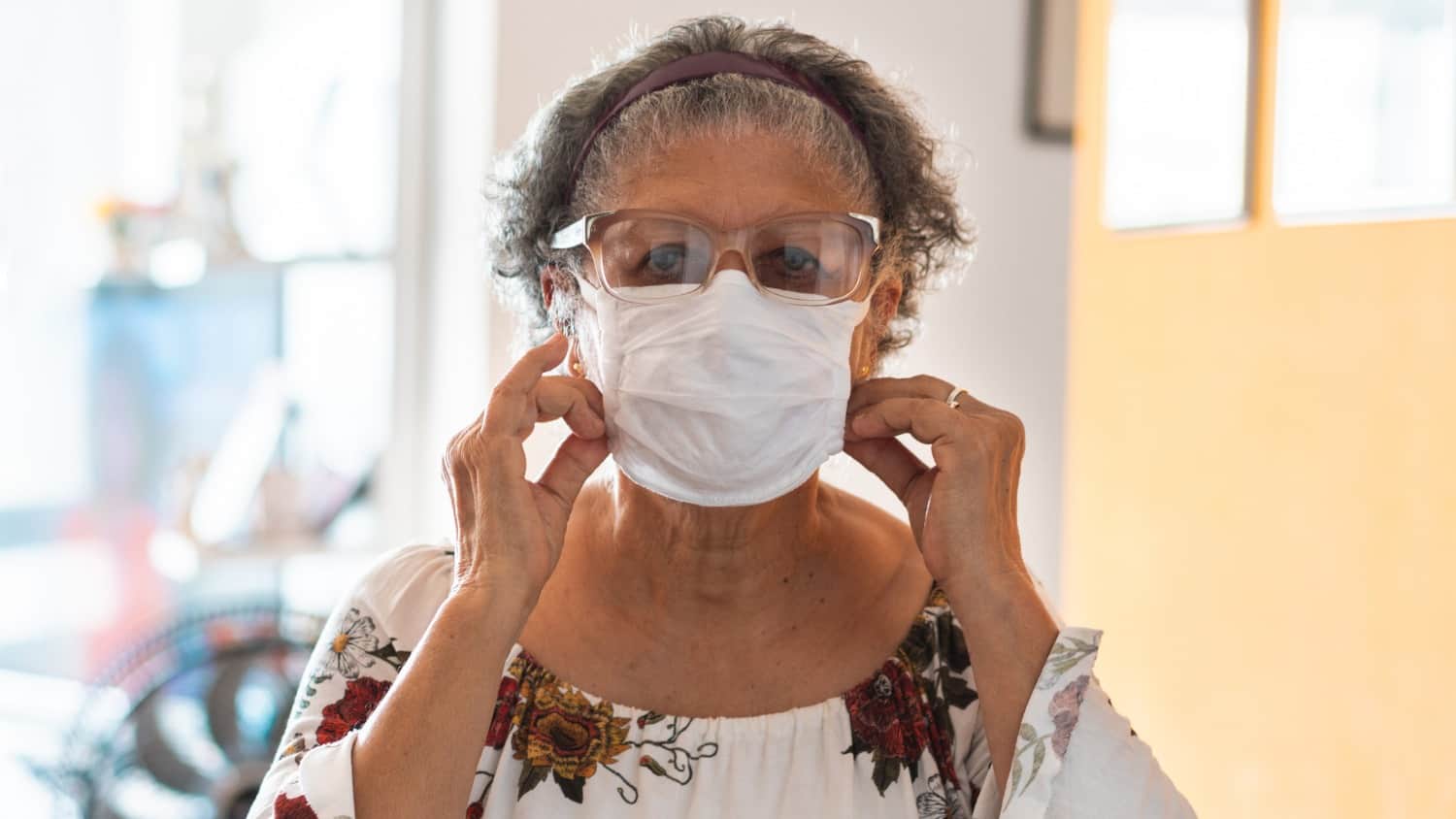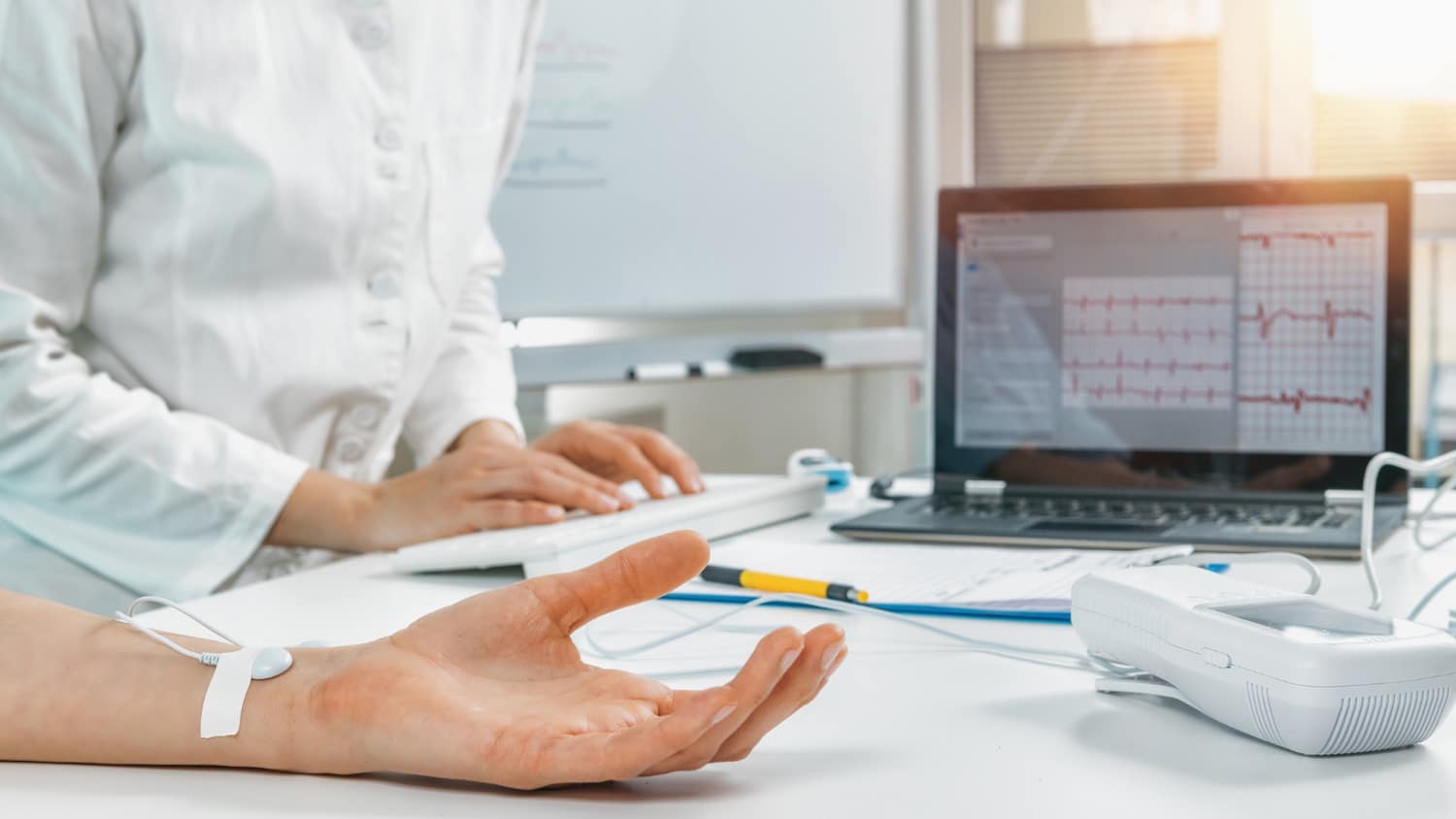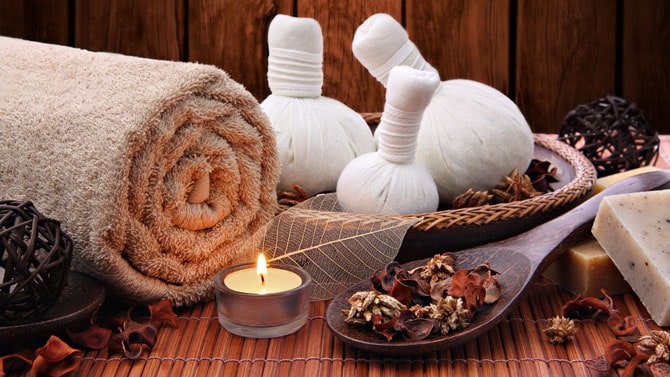
How to Overcome Boomer Hearing Challenges in a Masked World
Many baby boomers have some degree of hearing loss. In fact, by the time we reach age 70, about 70 percent of us will suffer a decline in our hearing acuity. And by 2030, some 50 million boomers are expected to have hearing loss. Yes, it is far more common that we may think (or may want to admit).
And while men are twice as likely as we are to have hearing loss, women are more likely to lose hearing in the lower level frequencies, which makes it harder for us to understand vowels.
As you can imagine, this loss impacts how well we can communicate in everything from placing our grocery order to talking with our doctor or pharmacist.
Adding to this difficulty to communicate is the fact that now virtually everyone we interact with outside our homes is wearing some form of mask or other facial covering to reduce the spread of the virus that causes Covid-19.
The Facial Mask Challenges
There are several reasons why masks make it harder to hear and/or understand what is being said to us (or what we say to others).
First, wearing a facial covering reduces the volume of the person speaking by as much as 12 decibels. If the person speaking already has a soft voice, this reduction can make her normal speech volume sound like a whisper.
Second, the facial covering also muffles the sound of the person speaking, which can make it harder to know exactly what they are saying. Words that already sound alike can be readily confused. Imagine telling someone you like their hat, and they hear it as you are calling them fat!
While this may cause some awkward and humorous social interactions, it is not a laughing matter if you misunderstand important verbal instructions such as from a medical professional. In fact, poor communication is assumed to be a contributing cause to worse medical treatment outcomes.
Third, a facial covering makes it very difficult to detect and process the multitude of facial cues that we use to better understand what is being said to us and to give it emotional context.
Without being able to see, for example, if someone is smiling or pursing their lips when they are talking, we are pretty much left with nothing more than words (which themselves may be hard to understand).
If you depend on these cues, or if you also need to read lips, to better understand speech, you could quickly find yourself in a world that might as well be silent.
As an example of how difficult this can be, a 65-year-old woman with hearing loss reported that even with a hearing aid in one ear and a cochlear implant in another, she rarely ventures out anymore. The reason is that she now finds it too difficult to manage in a world where everyone communicates from behind a mask.
Another person with impaired hearing said communicating with people wearing facial coverings is akin to “looking at a wall with eyes.” The isolation that can result from these types of situations carries its own set of health risks, such as depression and anxiety.
How to Better Overcome Mask Hearing Challenges
There are, however, ways to overcome the hearing and communications barriers posed by facial coverings.
When You Are the Listener
First, let’s look at some things we can do if we are communicating with someone who has trouble hearing and our facial coverings make it even harder for them to understand us.
These include:
- Speaking as clearly as possible, being careful to enunciate and include pauses in between words.
- Trying to have the conversation in an area with minimal background noise, such as traffic or ambient music, or multiple people talking at the same time.
- Using the voice-to-text feature of smartphones (you can also ask if they would like to use this feature of their phone) – you can also offer to save the conversation and send it to them.
- Making sure the other person actually knows you are talking to them and maintaining eye contact throughout the conversation.
- Remembering that body language, such as gestures or pointing, can help them better understand what you are saying.
When You Are the One with Hearing Issues
If you are the one who is finding it difficult to hear and listen to another person wearing a face mask, you need to be your own advocate and let the person know you are finding it difficult to understand and communicate with them.
Ask them to speak a little slower, louder, and lower (speaking louder often increases the pitch of someone’s voice, which can make it harder to understand).
You can also use your smartphone’s voice-to-text feature to help you better understand or carry a small notepad and pen with you and ask the other person to jot down important information.
Some people with hearing challenges have even had “hearing impaired” embroidered on their masks – both as an ice breaker and as a way to give the other person a heads-up that they may need to modify how they speak through a mask in order to be better understood.
If you are using any type of hearing aid, there are a few things you can do to make it more comfortable for you.
These include using a mask with ties rather than elastic or fixed ear loops to help you better fit your mask and to reduce the risk of the mask knocking your hearing aid out of your ear. As you can imagine, losing hearing aids and replacing them can get pretty expensive!
Another solution that has gained some popularity for helping people wearing face masks better communicate with the hearing impaired is facial coverings with see-through sections over the speaker’s mouth area.
This helps the listener better read lips and pick-up nonverbal cues that we all rely on to understand a conversation. This type of mask is available through online and other retailers. If you want to make your own, the Deaf and Hard of Hearing Services organization in Michigan offers a mask-making template on their website.
And Do What You Can to Protect Your Hearing
It’s also important to do what we can to better protect our hearing in general as we age. This includes avoiding loud noise for extended periods of time, wearing earplugs to help reduce ambient noise, not using cotton swabs to clean our ears (they are amazing at cleaning themselves), and being careful when using headphones or earbuds to listen to the television or music.
It’s also important to get enough exercise since this has been linked to ear health.
Making sure that our ears are getting the right nutrients to help them – and their multiple components –stay healthy and function at their best is another key part of protecting our hearing. In fact, it is reported that following a healthy diet has been linked to a lower risk of hearing loss in women.
Specifically, women who ate more fruits, vegetables, nuts, whole grains, legumes, olive oil, fish, and lean meats had a reduced risk of impaired hearing.
There are also specific nutrients that may help with hearing:
Potassium
Potassium helps regulate fluid in your inner ear. With age, potassium levels tend to drop which may contribute to age-related hearing loss.
Folic Acid
Folic acid promotes new cell growth and circulation. These things are important for maintaining the health of the tiny hair cells in the inner ear.
Magnesium
Research shows that people treated with magnesium in conjunction with Vitamins A, C, and E were protected when exposed to high levels of noise.
It’s believed that the magnesium acted as a protective barrier to hair cells in the inner ear when loud noises were emitted. And lack of magnesium has been shown to shrink blood vessels in the inner ear, causing oxygen deprivation.
Zinc
Zinc helps the body fight off infection. And some infections, like meningitis, may cause hearing loss. Zinc also promotes cell growth.
Vitamin D
Cochlear deafness, which is another term for sensorineural hearing loss, has been connected to vitamin D deficiency.
Omega 3 Fats
These healthy fats are found in fish such as salmon and trout. Research has shown that dietary intervention with omega-3 FAs may be useful in preventing or delaying the development of age-related hearing loss.
It’s also always a good idea to take a comprehensive nutrient test. Maintaining nutritional balance helps prevent all types of health issues, and it appears that making sure you have all the right nutrients in the right amounts may also help prevent hearing loss.
Some studies also link taking common pain relievers to hearing loss in women. Be sure to talk with your healthcare professional if this is a concern for you.
Has wearing a facial covering made it harder to understand other people or for them to understand you? If so, what have you been doing to make it easier to communicate? If you are hearing impaired, have you spoken with your doctor or audiologist to get their recommendations on how to better communicate? Have these helped? Please join the conversation.






